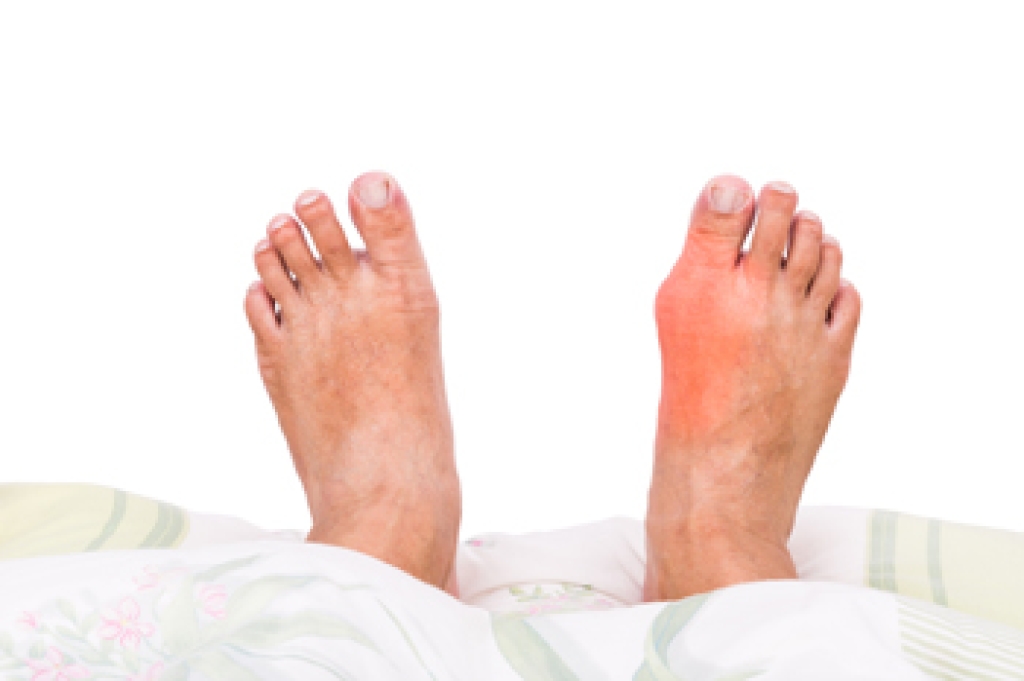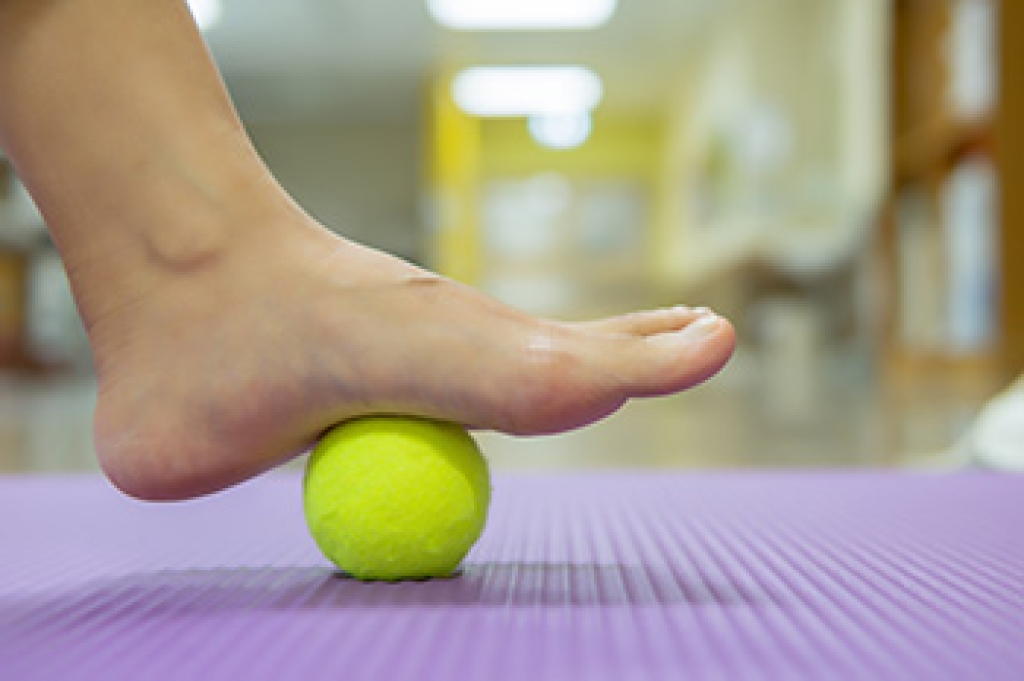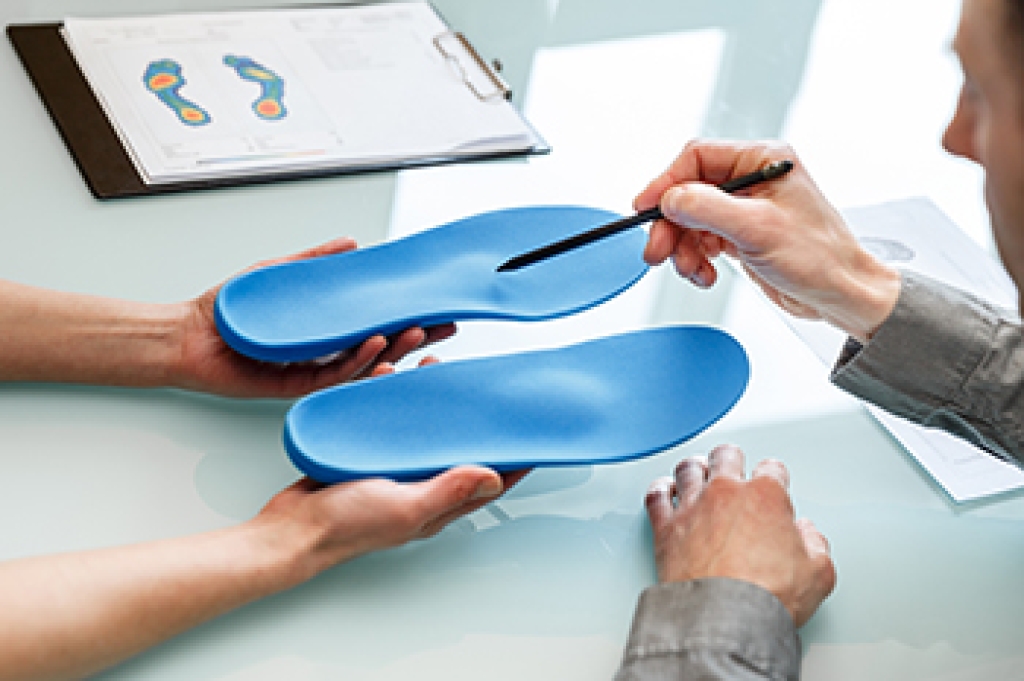
An ankle sprain can weaken muscles and reduce joint control, making exercises an important part of recovery. Gentle range of motion movements, like slowly drawing the alphabet with the toes, can help restore mobility without placing excess stress on healing tissues. Stretching the calf muscles may reduce stiffness around the ankle and improve flexibility while walking. As strength improves, controlled exercises like heel raises help rebuild stability by engaging the muscles that support the ankle joint. Balance activities, including standing on one foot, are often used to improve coordination and reduce the risk of repeat sprains. These exercises should progress gradually, since pushing too quickly may delay healing or cause further injury. A podiatrist can evaluate ankle stability and recommend exercises that match the stage of recovery, while monitoring for ligament damage or joint problems. If you have sprained an ankle, it is suggested that you make an appointment with a podiatrist for an exam, treatment, and exercise options.
Although ankle sprains are common, they aren’t always minor injuries. If you need your ankle injury looked at, contact Steven Lashley, DPM from Florida. Our doctor can provide the care you need to keep you pain-free and on your feet.
How Does an Ankle Sprain Occur?
Ankle sprains are the result of a tear in the ligaments within the ankle. These injuries may happen when you make a rapid shifting movement while your foot is planted. A less common way to sprain your ankle is when your ankle rolls inward while your foot turns outward.
What Are the Symptoms?
- Pain at the sight of the tear
- Bruising/Swelling
- Ankle area is tender to touch
- In severe cases, may hear/feel something tear
- Skin discoloration
Preventing a Sprain
- Wearing appropriate shoes for the occasion
- Stretching before exercises and sports
- Knowing your limits
Treatment of a Sprain
In many cases, the RICE method (Rest, Ice, Compression, and Elevate) is used to treat ankle sprains. However, you should see a podiatrist to see which treatment option would work best with your injury. In severe cases, surgery may be required.
It is important to ask your doctor about rehab options after you receive treatment for your injury. Stretching, strength training, and balance exercises may help the ankle heal while also preventing further injury.
If you have any questions, please feel free to contact our office located in Boynton Beach, FL . We offer the newest diagnostic and treatment technologies for all your foot care needs.




